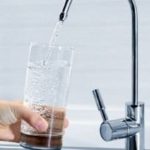The Importance of Soft Water
Hard water typically tastes unpleasant, leaves skin red and itchy after showers, can stain porcelain, and even affect your bathroom plumbing. If you find yourself experiencing some of these hard water symptoms, consider the advantages of installing a water softener in your home.
Hard water contains Calcium and Magnesium, and trace amounts of other minerals. While hard water is technically safe to drink, as mentioned above, many undesirable results come from drinking and bathing in hard water. Hard water can be present in well water and even city water, so the only way to guarantee soft water is to install a water softener in your home.
This article will review the differences between hard and soft water and go over how water softeners work. Read on to learn from the experts why your home would benefit from installing a water softener.
How to Detect Hard Water
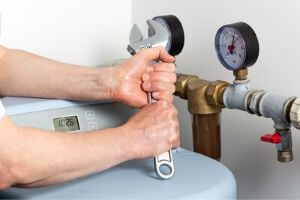 There are several signs to look out for to help determine if your home has hard water or not. If you notice any of these occurrences in your home, you most likely have hard water:
There are several signs to look out for to help determine if your home has hard water or not. If you notice any of these occurrences in your home, you most likely have hard water:- White, Chalky Residue on Your Dishes
- Rough Clothes and Linens After Washing
- Stains on White Porcelain
- Dry and Irritated Skin After Showering
- Low Water Pressure (Due to Clogged Pipes)
85% of Americans have hard water, particularly in the Northern part of the country. This is why water softener services are so important.
The Importance of Water Softener Salt
Water softeners work by passing hard water through sodium resin beads that work to soften the water through a process known as “ion exchange.” During this process, positively charged ions like Calcium and Magnesium stick to the beads, while negatively charged sodium ions take their place. While this process does increase the sodium levels in your water supply, the levels have been tested and are known to be safe for human consumption.
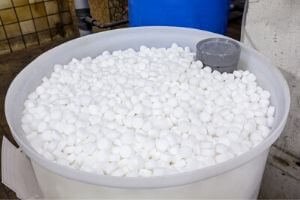
Water softener salt is necessary to periodically “recharge” the beads. If you choose to install a water softener in your home, you will need to be aware of water softener salt so you can keep your system working efficiently. Water softener salt is available at any home improvement store such as Home Depot or Lowes.
The Hidden Cost of Hard Water
 While you may not mind the taste of hard water, you should consider the added cost of hard water damaging your plumbing system. The minerals present in hard water tend to clog pipes.
While you may not mind the taste of hard water, you should consider the added cost of hard water damaging your plumbing system. The minerals present in hard water tend to clog pipes.These clogged pipes can then cause significant issues in your plumbing system, leading to low water pressure and the failure of certain appliances such as your dishwasher.
Your water heater also has to work harder to heat hard water as “scale buildup” from Calcium and Magnesium impairs efficiency and leads to increased energy bills.
The cost of a water softener installation in your home is low compared to the energy savings you will experience down the road. If you and your family are experiencing the adverse effects of hard water, call a plumber today to learn about installing a water softener in your home.
Call the Experts
Apple Valley Plumbing Company prides itself on the personalized attention paid to every job and every client. They are committed to honesty, transparency, and serving the community with quality workmanship and a wide range of services. Call them today to learn more about your water quality solutions.
Distribution Links +
- magic1065.com
- wrcbtv.com
- lubbocks969thebull.com
- fox21delmarva.com
- wboc.com
- wicz.com
- telemundolubbock.com
- tulsacw.com
- erienewsnow.com
- weny.com
- 1007thescore.com
- doublet973.com
- 937theeagle.com
- fox34.com
- lubbockcw.com
- mylubbocktv.com
- oldies977lubbock.com
- 1077yesfm.com
- rfdtv.com
- ktvn.com
- wfmj.com
- htv10.tv
- snntv.com
- central.newschannelnebraska.com
- metro.newschannelnebraska.com
- southeast.newschannelnebraska.com
- midplains.newschannelnebraska.com
- northeast.newschannelnebraska.com
- plattevalley.newschannelnebraska.com
- panhandle.newschannelnebraska.com
- rivercountry.newschannelnebraska.com
- wrde.com
- telemundonuevomexico.com
- wfxg.com


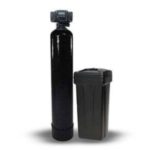


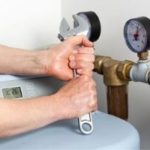

 When looking for water filtration systems, you will probably come across two terms: microfiltration and
When looking for water filtration systems, you will probably come across two terms: microfiltration and 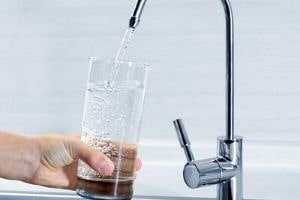
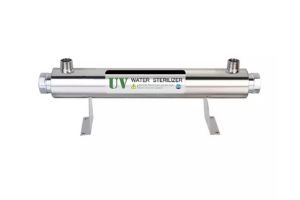 For a final water treatment option, consider UV water treatments. UV stands for ultraviolet and is the most effective method for disinfecting bacteria from water. Keep in mind that this is for bacteria, not viruses.
For a final water treatment option, consider UV water treatments. UV stands for ultraviolet and is the most effective method for disinfecting bacteria from water. Keep in mind that this is for bacteria, not viruses.
